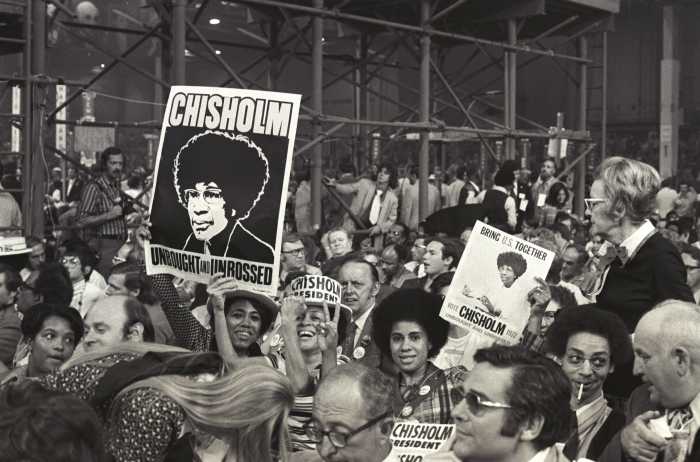Bad horsemanship
Re “Letters to the Editor” (Dec. 31, 2015):
To the Editor:
I am shocked at the letter in your recent publication by Andrew Alpern and feel the need to address it. It is one thing to have lively debate on an issue [horse carriages], but quite another to allow such nasty and unwarranted gratuitous criticism.
For one thing, please stop using the word “iconic” to describe this losing, cruel business. It is anything but. This was a self-serving phrase that was purposely coined several years ago by the carriage trade to describe themselves. Such an inhumane and cruel business can never be iconic.
It is true that the hack line is just outside Central Park, but why is the writer foolishly defending it? It is a death trap and the site of many accidents. That can never be denied. Try moving that hack line to inside the park and you will see a foot banging child’s tantrum ensuing from the carriage drivers.
The nonsense about pigeons and horses is a stretch. The drivers often allow the horse carriages to run over and kill the pigeons while they are trying to eat the horses’ oats. We have seen this cruelty many times. No good horseman would ever allow contaminated pigeon droppings in his horse’s food, and that is exactly what is happening here. This is yet another reason why this business needs to come to an end. Bad and greedy horsemanship.
This industry could not exist with without lies, union and media support.
Marie Richardson
Please, no free range sex offenders
Re “We’re All Sex Offenders Who Haven’t Been Caught” (Talking Point, Nov. 26, 2015):
To the Editor:
I agree with many of Lenore Skenazy’s ideas on “free range children.” However, I do disagree with much of her article.
I worked for over 30 years, in my home state of Wisconsin, in the prevention of all types of child abuse, sexual assault, and family violence. I helped change the laws in the state and set up services for victims of various types of family violence and sexual assault. I also counseled victims.
States have different laws governing the age of consent. In general, I believe that in most states a 14-year-old is not capable of giving consent. That was the age of the victim in her article. The perpetrator was 19. In all probability, a jail sentence plus becoming a registered sex offender was not a necessary sentence in this case. His decision to have sex with a 14-year-old was not a wise one. But the sentence was way out of proportion. Perhaps he might have benefited from counseling. This might have helped determine if there was a pattern in the age difference between him and selected sex partners. Certainly a five-year difference would not have mattered if the difference was between people in their 20s or older. But if he always sought partners in their early teens, this might indicate a problem that needed mental health intervention.
Now as far as the 14 year old giving “consent” — this is meaningless in terms of the law in most states. And there is a good reason for that. Imagine if the perpetrator was in his 20s or older. Or imagine if the perpetrator was in a position of authority — a teacher, scoutmaster, coach, or religious leader. What if he or she claimed that a 14-year-old had given “consent?” I suspect most of us would agree that such consent did not matter — whether under the law, morally, or both.
As for perpetrators being kept beyond the terms of their sentence, there is reason for that. There are no uniform laws regarding sexual offenses. Each state has it own laws. I think most of us agree that sexual offenses, such as rape or sexual molestation of a child, are the most heinous of crimes next to murder. Yet many offenders are let out after a few years.
There is plenty of evidence that molesters continue to molest. They may have been caught after actually molesting several victims. They just haven’t been caught or reported before. So the public is naturally concerned that such offenders will continue their crimes, even after incarceration has ended. Frankly, instead of enacting a legally questionable sequestering of the perpetrator after the sentence is served, it would be better to give the perpetrator a true life sentence.
I do agree with Ms. Skenazy, as I said before, that sex between teens should be treated differently than that between a teen and an older offender. Even if there is some evidence that the teen perpetrator does show some indication of being a potential sexual molester, he or she is still at an age where psychological intervention might help, rather than incarceration.
Sue Deutsch
Reader Feedback From Facebook
Re “Vigilant Tenants Document Fraud and Take Action” (news, Dec. 24, 2015):
Great job, tenants! Don’t give up. You are really a marvelous example for the rest of us.
Barbara Ruether
Insane how tenants need a full-time posse to protect their homes. Keep up the great work guys!
Vivian Abuelo
Good work! This will help other buildings as well.
Allison Tupper


































